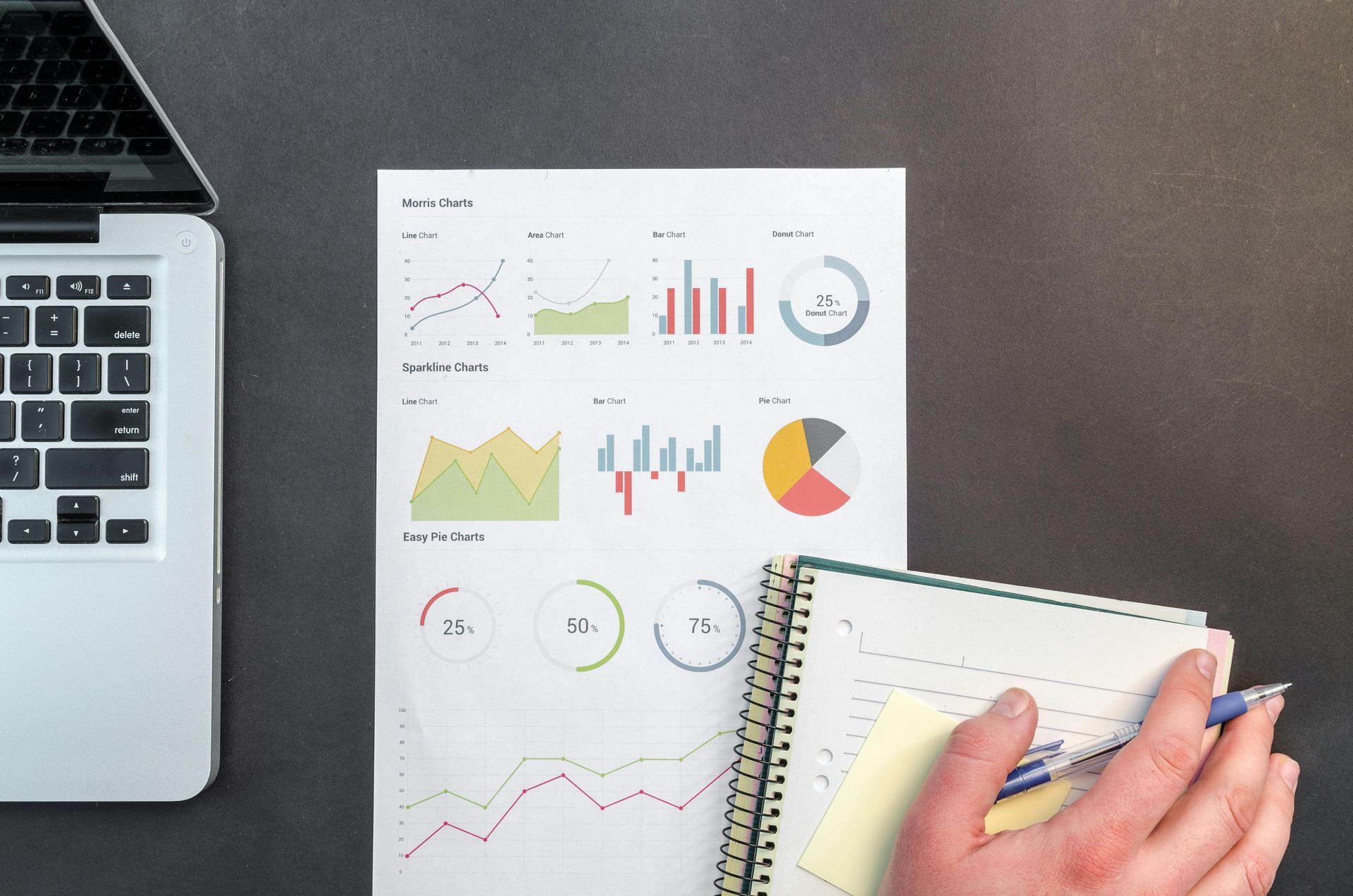How Technology Is Changing Modern Accounting
The accounting world has changed more in the last decade than it did in the fifty years before it. Technology has reshaped how businesses manage their finances, track expenses, and make strategic decisions. For small and mid-sized businesses, this shift has made professional accounting more accessible, more accurate, and far more efficient.
The traditional image of accounting often involved stacks of paper, manual calculations, and long hours of data entry. Today, cloud-based systems and automation tools handle much of that work instantly. Businesses can see their financial health in real time, collaborate with their accountants from anywhere, and use analytics to plan ahead instead of reacting after the fact.
Cloud accounting has been one of the biggest advancements. It allows business owners to view reports, approve transactions, and track cash flow from any device with internet access. This level of visibility keeps leadership informed and prevents small issues from being overlooked. For accountants, it provides instant access to the data they need to reconcile books, prepare taxes, and deliver accurate financial advice.
Automation has also eliminated much of the repetitive work that once consumed so much time. Tasks like categorizing expenses, generating invoices, or matching transactions can now be completed automatically. This not only reduces errors but also allows accountants to focus more on analysis and planning instead of just data entry.
Another area of innovation is integration. Modern accounting platforms connect directly with other business systems such as payment processors, inventory management tools, and customer relationship software. This integration ensures that all financial data flows seamlessly across systems, creating a single source of truth. It also means fewer manual entries and faster month-end closes.
Data security has improved significantly as well. Leading accounting platforms use encryption and multi-factor authentication to protect sensitive financial information. Businesses that once worried about the safety of online systems now benefit from stronger security than many in-house setups could provide.
Artificial intelligence and machine learning are beginning to play larger roles too. These technologies can identify patterns, predict cash flow fluctuations, and even flag irregularities that may indicate errors or potential fraud. While human oversight remains essential, automation and AI make it easier to detect problems early and respond before they escalate.
For business owners, these advances mean faster insights and better decisions. Instead of waiting weeks for reports, you can log in and view performance in real time. You can track profitability, manage budgets, and see how small adjustments affect your bottom line almost immediately.
Adopting new technology can feel overwhelming, but working with an experienced accounting firm simplifies the process. ABC CPA Group helps businesses implement the right tools, integrate them properly, and train staff to use them effectively. Their team ensures that technology supports your operations rather than complicating them.
The future of accounting is about clarity, speed, and strategy. Technology makes it possible to move beyond simple recordkeeping and into smarter financial management. With the right systems and the right partner, your accounting process can evolve from a routine task into a source of real business intelligence.



